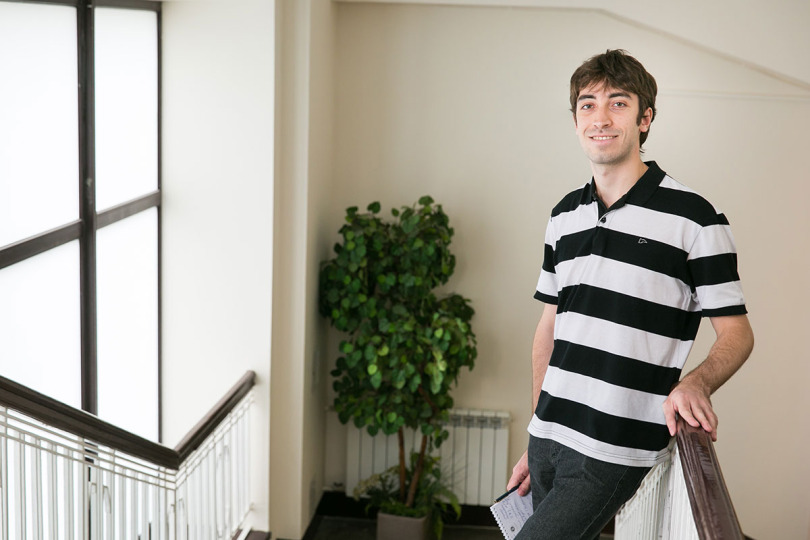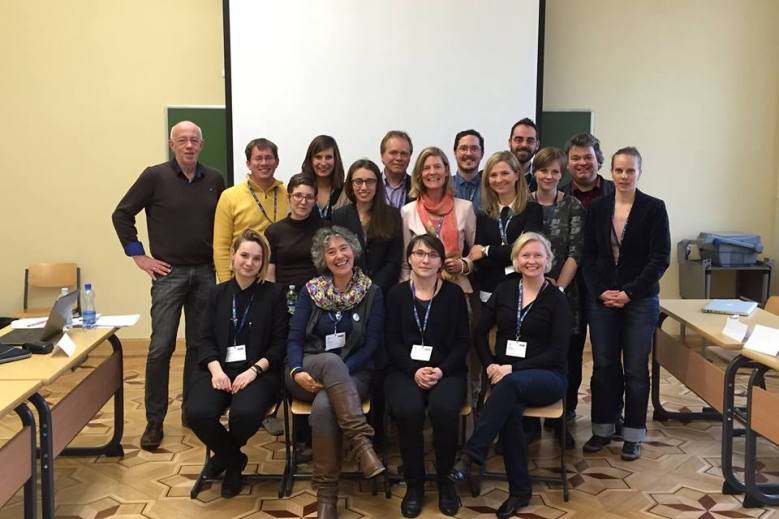HSE has entered the QS World University Rankings by Subject 2015 in the top 51-100 in Development Studies, and is the only Russian university in this category.
News


The European PhD in Socio Economic and Statistical Studies was initiated in 2001 by Sapienza Università di Roma. The programme is currently coordinated by Humboldt-Universität zu Berlin and brings together seven universities, including the University of Haifa, the University of Southampton and the University of Tampere.
These results were obtained in a nationwide survey of 1,500 Russians over 18 years of age as part of a Monitoring the Status of Civil Society study conducted by the HSE Centre for Studies of Civil Society and Nonprofit Sector.

HSE's publishing house has published the Russian version of the Oxford University Press textbook 'Democratization' edited by Christian Haerpfer, Patrick Bernhagen, Ronald Inglehart and Christian Welzel.
In choosing a field for further studies, high school students are influenced by their peers, among other factors. For example, a high school student interested in technology among a class of peers who are not so good at physics may perceive it as a competitive advantage, increasing the likelihood of their choice of a technical field for a career, according to Andrey Zakharov, Deputy Head of the International Laboratory for Education Policy Analysis at the HSE's Graduate School of Education, and Elizaveta Chernenko, Research Fellow of the same laboratory.
Eastern European history shows that in the majority of post-Soviet countries, where lustration was carried out in one form or another, the situation with corruption is now considerably better than in those countries where lustration was not carried out. But what we see in Slovenia is, in fact, an clear deviation from this pattern. Lustration was not carried out in Slovenia. Nonetheless, the country is among the best performers in terms of anti-corruption measures and can be compared with Estonia, where lustration did take place. The Slovenia phenomenon has been analysed in the article ‘Fighting Corruption: The Slovenian Phenomenon’ by Yuliy Nisnevich, Professor at the School of Political Science, Academic Supervisor of the Laboratory for Anti-Corruption and Heather Stetten, independent researcher (USA).
Even today, ages-old folk culture can serve as a basis for collective identity by bringing together people who share this interest and underlying values, as evidenced by Russia's folk heritage movement. According to Rostislav Kononenko, Senior Lecturer at the HSE's Department of General Sociology, and Evgenia Karpova, Master's student at the HSE, the folk heritage movement in Russia is driven by urban intellectuals working to preserve and promote authentic folk culture.

